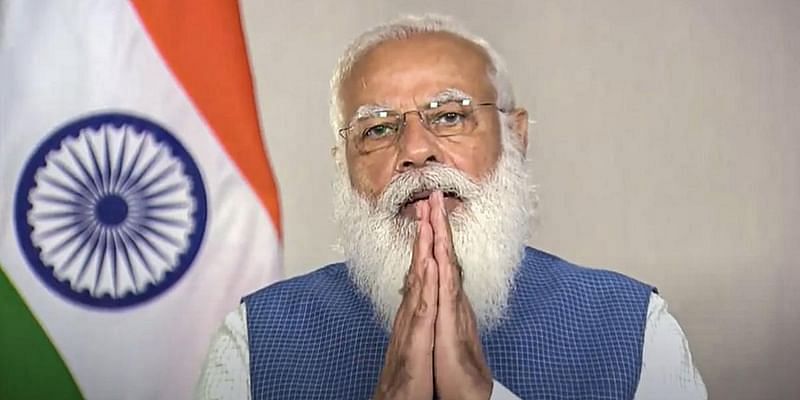On National Technology Day, Prime Minister Narendra Modi on Tuesday said that in any challenging situation, the country’s scientists and innovators have always risen to the occasion, and over the last year, have worked industriously to fight COVID-19.
The National Technology Day marks the anniversary of the underground nuclear tests conducted in Rajasthan’s Pokhran in 1998.
It was on this day in 1998 India had its breakthrough moment when it successfully test-fired the Shakti-I nuclear missile at Pokhran Test Range in Rajasthan. The test was led by aerospace scientist and former President of India Dr APJ Abdul Kalam.
The Pokhran mission was carried out by the Indian Army in collaboration with scientists from the Defence Research and Development Organisation (DRDO), Bhabha Atomic Research Centre (BARC), and Atomic Minerals Directorate for Exploration and Research (AMDER).
Image credit: Shutterstock
Post this, India successfully carried out a couple more nuclear tests under the Operation Shakti initiative. After these tests, late Prime Minister Atal Bihari Vajpayee declared India a nuclear state, becoming the sixth country to join the elite ‘nuclear club’ of nations.
The day celebrates the achievements and contributions of Indians to science and technology.
“On National Technology Day, we salute the hard work and tenacity of our scientists and those passionate about technology,” Prime Minister Modi tweeted.
“We remember with pride the 1998 Pokhran Tests, which demonstrated India’s scientific and technological prowess,” he said.
In any challenging situation, our scientists and innovators have always risen to the occasion and worked to mitigate the challenge, the PM said.
“Over the last year, they have worked industriously to fight COVID-19. I appreciate their spirit and remarkable zeal,” he said.
On this day, India also tested its first indigenous aircraft ‘Hansa-3’ designed by National Aerospace Laboratory, which took flight in Bengaluru, Karnataka. The light two-seater aircraft was built to serve pilot training, surveillance, and other reconnaissance purposes.
(Disclaimer: Additional background information has been added to this PTI copy for context)









